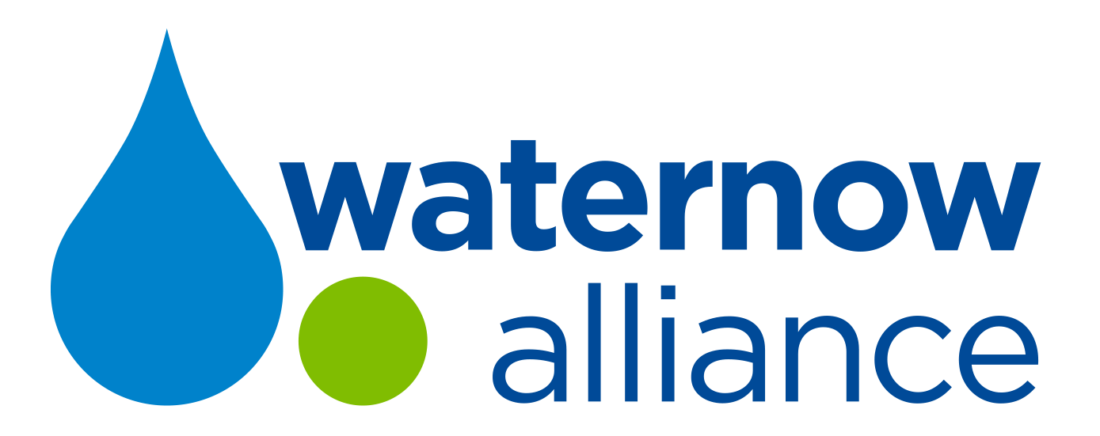
Congratulations to Commissioner Vietor & Moulton Niguel Board of Directors
 “One Water” integrated water management involves rethinking traditional approaches to water, matching the right water source for the right use to build local resilience and supply security. Onsite non-potable reuse has significant potential, particularly for large new commercial and residential developments. Deploying this technology widely, however, will require clear, consistent health-based standards as well as incentives and demonstrations of success.
“One Water” integrated water management involves rethinking traditional approaches to water, matching the right water source for the right use to build local resilience and supply security. Onsite non-potable reuse has significant potential, particularly for large new commercial and residential developments. Deploying this technology widely, however, will require clear, consistent health-based standards as well as incentives and demonstrations of success.
THE SOLUTION: The SFPUC added Article 12C to the San Francisco Health Code enabling the development of San Francisco’s Non-Potable Water Ordinance, the first of it’s kind in the nation. The program established local oversight and management to allow for the use of alternate supplies like rainwater, graywater, stormwater, foundation drainage, and blackwater in buildings, vastly expanding access to alternative water sources.
LEADERSHIP: Commissioner Vietor is a leader in innovation, partnerships, and collaboration. She was a key driver behind the Non-Potable Water Ordinance, and the subsequent Non-Potable Water Program, which to date has over 80 projects in various stages of design, permitting, construction, and operation . As the program has evolved, Commissioner Vietor has played an instrumental role in advocating for and supporting policies that help share this program and lessons learned with others, while ensuring the protection of public health.
 The recent California drought was among the worst on record. To address supply and management issues, Moulton Niguel, a Southern California drinking, recycling and wastewater utility, was considering a $20 million investment in a storage reservoir for recycled water, but had concerns about keeping water rates affordable and increasing local sustainability.
The recent California drought was among the worst on record. To address supply and management issues, Moulton Niguel, a Southern California drinking, recycling and wastewater utility, was considering a $20 million investment in a storage reservoir for recycled water, but had concerns about keeping water rates affordable and increasing local sustainability.
THE SOLUTION: Moulton Niguel partnered with a senior data scientist from Netflix to use “big data” predictive modeling to create a water demand forecasting tool. This tool allowed MNWD to better understand and reduce their recycled water peak demand from their largest recycled water customers. In doing so, MNWD was able to avoid investing in unnecessary infrastructure, saving ratepayers millions. The District also launched a comprehensive local outreach campaign to promote efficiency to help customers “waste less; not use less,” with special emphasis on outdoor landscaping where approximately 60% of water is wasted locally.
LEADERSHIP: The MNWD Board of Directors has demonstrated visionary leadership and innovation in the evolving area of employing data to support decision making. With their success, they have established a key precedent that may provide a path forward to other water agencies not only in the Golden State, but nationwide. In addition, the MNWD Board has shown unusual insight in the benefits of community engagement and coalition-building, working with neighboring communities to exchange data and developing a historic agreement to protect local water quality in the region while also saving millions.

